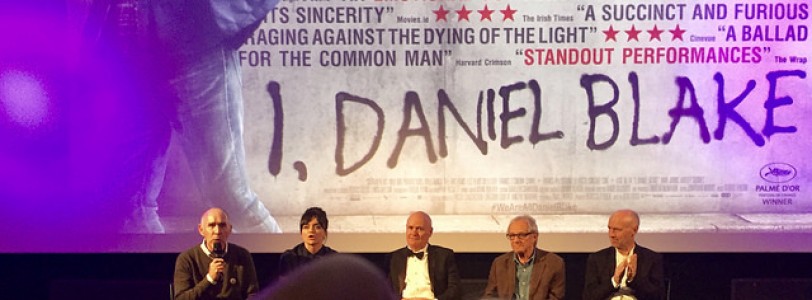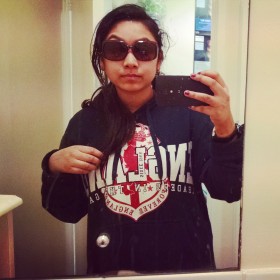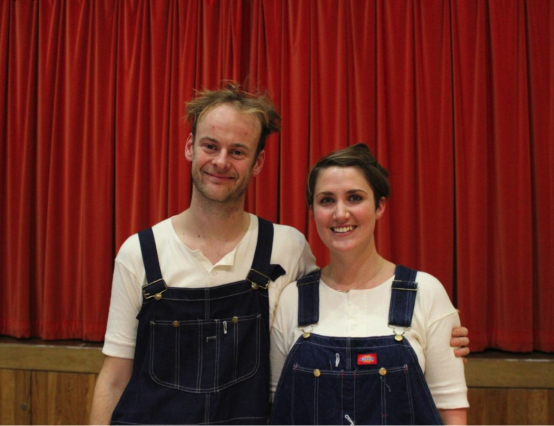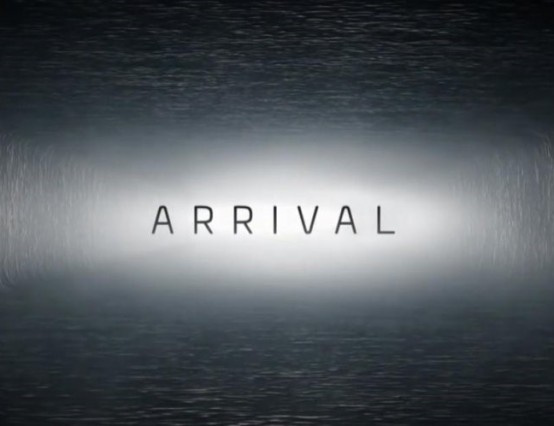You may have heard of the film in the news lately. Jeremy Corbyn told Theresa May to "watch this movie to understand the benefits system". The significance of this film reaches out to thousands, and the power of the moving image is at its best when delving deep into the topics of cultural and social difficulties, as this story rightly does. It's no real surprise that it (however briefly) caught Parliament's attention. More importantly, the protagonist of "I, Daniel Blake" is not a fictitious character conjured out of a greedy money-making film director's head. It is in fact a real Daniel Blake: a person, a British citizen, an elderly handyman truly struggling with the barriers he had to face between his own fragile health, and unavoidable dependence on his currently non-existent wealth. Why has this brutal depiction of a flawed welfare system captured audiences so suddenly?
We are not just numbers on a spreadsheet, digits on a system, and certainly not another name in the directory. We are individual people with our own struggles, and a fair few of us now rely on the government to help us over our life hurdles. The focus of this film revolved around Blake, a carpenter who recently had a heart attack. Following medical advice not to work, he is still denied government health allowance unless he tries to find a job. Apart from this nonsensical reasoning, he is continually thrown back and forth within a broken system. Passed to and fro the Employment and Support Allowance and the Jobseeker's Allowance offices.
One opinion article written on The Guardian states that "The world of poverty in I, Daniel Blake is sanitised.", but I strongly disagree. This film treads complex, splintery terrain many media projects avoid for fear of sparking controversial debates among their audiences. But this film instead highlights the subject that general communities don't want to confront: that any of us can be thrown into a difficult circumstance. You're only one paycheque away from homelessness.
During the character's struggle, he befriends another person like himself, a young single mother forced to relocate due to no fault of her own. An unlikely bond forms on screen, despite age differences, over kindness and compassion and a commonality they shared in the same boat. "I, Daniel Blake" didn't deliberately leave out the people who ride over the system. Instead, there is a deeper moral fibre looking at those who have paid into the system and contributed their entire life- yet are still denied receipt of their rightful and deserving dues.
Highly acclaimed by audiences across the globe, Ken Loach took home his second Palme d'Or from Cannes Film Festival, for his direction of this stirring, revealing representation of a damaged British system... that seems to hurt the people it has been designed to help. What is more, I think that all of us - specifically all of us who work and rely on a wage to pay our way - could end up in the same situation as Daniel Blake, whether that be due to illness, trauma, or pure misfortune. We cannot treat everyone as potential scroungers, exploiting the system, or as the "undeserving poor" (as we see daily on programmes like Benefits Street), because if we are unethical and do just this, we'll neglect the entire idea of sharing Daniel Blake's story. You see, we are all Daniel Blake.
Image courtesy of Flickr/Bearpark










What an interesting read, and such a topical subject :)